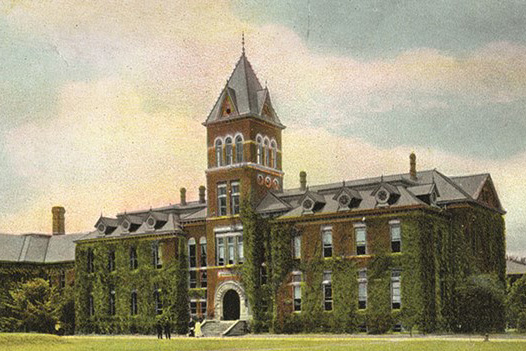150 Years of Mizzou Engineering
1849-1871
From the first engineering course west of the Mississippi to a wartime reshuffling, Mizzou Engineering got its start more than 150 years ago.
1872-1902
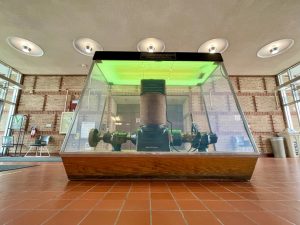
From electric ideas to a tragic fire, Mizzou Engineering surged ahead into the 20th Century.
E-Week
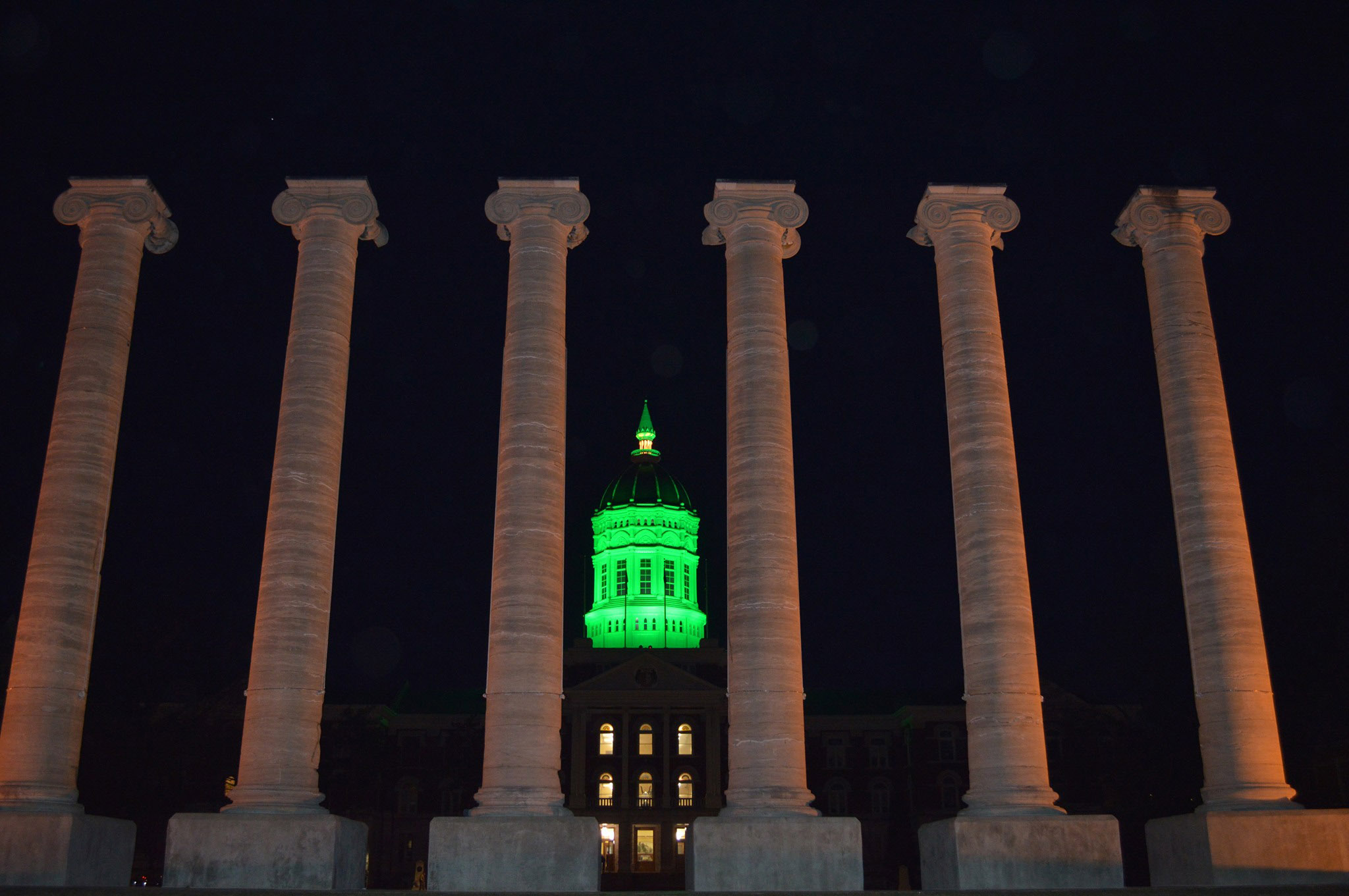
Engineers’ Week, the annual celebration of St. Patrick the engineer, is a significant marker of Mizzou Engineering’s 150-year history. Now celebrated at colleges across the country, the event originated in 1903 at the University of Missouri.
1906-1916
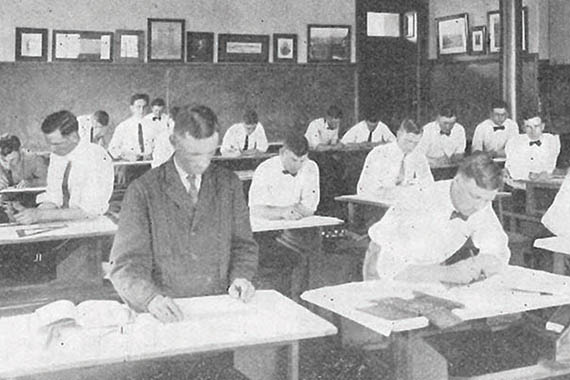
As the nation was progressing at the turn of the century — with both rural Americans and millions of immigrants flocking to sprawling urban areas seeking opportunities — so, too, was the College of Engineering.
1917-1935
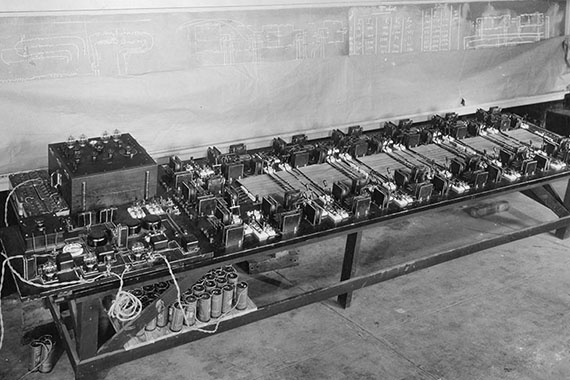
Mizzou Engineering – like the rest of the country – was feeling the impact of world war in 1917.
1936-1945

Even in the Great Depression, Mizzou Engineering kept up with new technologies. Plus, another world war creates challenges and opportunities at the College.
1946-1967
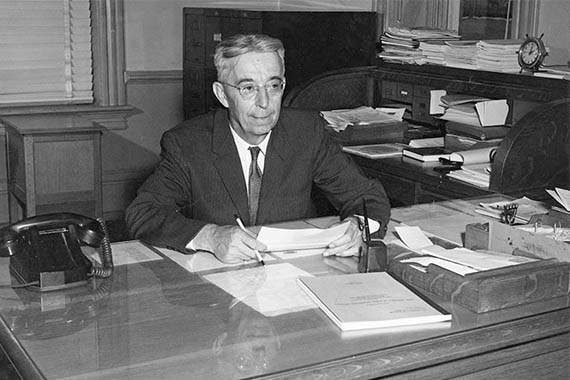
Herbert O. Croft became Dean in 1949, marking the beginning of a long and successful tenure. Students during this period began to adopt new technologies such as computing systems while watching as the aerospace industry began to take off.
1968-1979
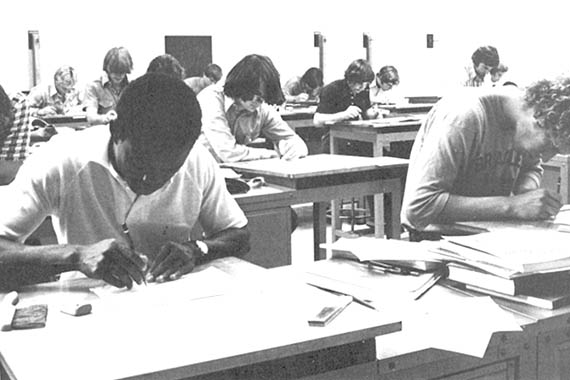
William Kimel begins what would become a 17-year tenure as Dean of the College. Perhaps the biggest impact on the future of Mizzou Engineering was Kimel’s foresight. He understood that the application of emerging technologies would propel engineering into physical, behavioral, social, medical and communication sciences.
1980-1989
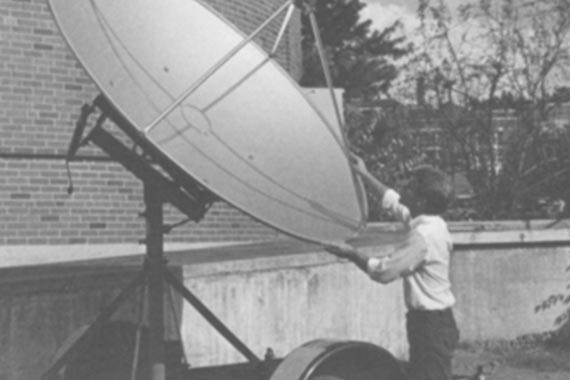
Our look back at Mizzou Engineering through the decades continues in 1980. After more than a decade of making a case for funding, Dean William Kimel has successfully raised the nearly $2 million needed for a new civil engineering wing. The project, completed in 1982, expanded space for labs, classrooms and offices and added a new lounge for students. In the early 80s, the College made more investments in technology, as well, graduating the first computer engineering student in 1982.
1990-1999
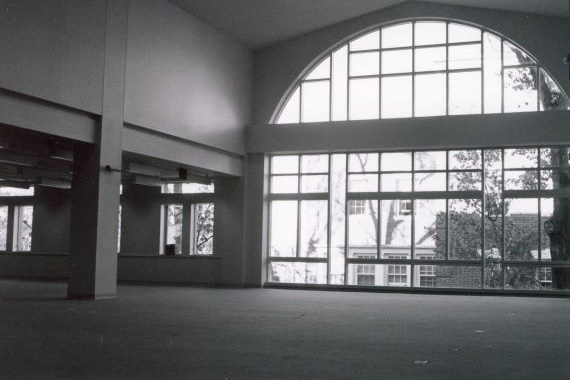
The history of Mizzou Engineering approaches the turn of the century with a new building, a new dean and new academic departments. In 1991, the College also buried a time capsule in the floor of the Engineering Building. Included in the capsule were items such as newspapers and project papers to provide artifacts for the next generation of engineers to “discover.”
2000-2020
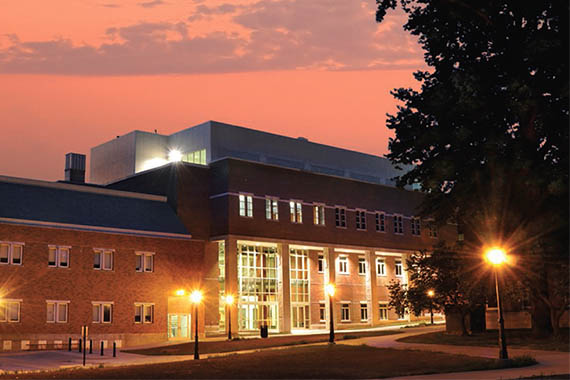
Our series exploring the history of Mizzou Engineering continues this month in the year 2000. As a new century dawned, the College experienced tremendous growth and expansion. Dean Jim Thompson worked to increase enrollment, creating a recruiting office and implementing statewide programs that promoted engineering opportunities to high school students and parents.
2020 –
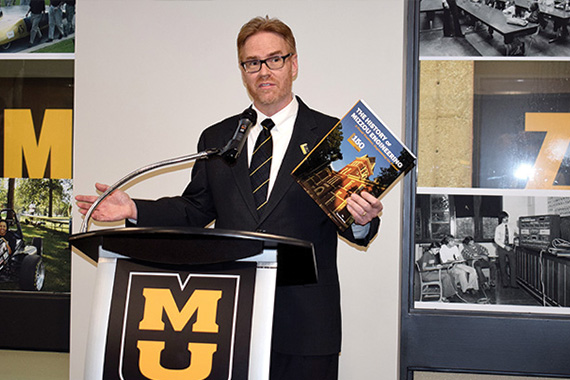
Our series left off in 2020, the year the world changed as the COVID-19 pandemic swept across the globe, closing businesses and campuses and shuttering life as we knew it. Mizzou Engineering students, like students everywhere, transitioned to remote learning. While faculty and staff also worked safely from a distance, Mizzou Engineers quickly acted, using their specialized equipment, labs and expertise to develop sanitizers, personal protective equipment and other supplies for hospitals and facilities in the community.
Shortly after the pandemic began, Noah Manring — a longtime faculty member and former chair of two departments — took the helm as interim dean, guiding the College through the unprecedented challenges. Under his steadfast leadership, students were able to continue to receive a high-quality education, and faculty continued high-impact research, including new research awards designed to combat COVID. Manring was named permanent dean within a year.
